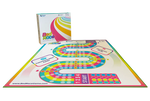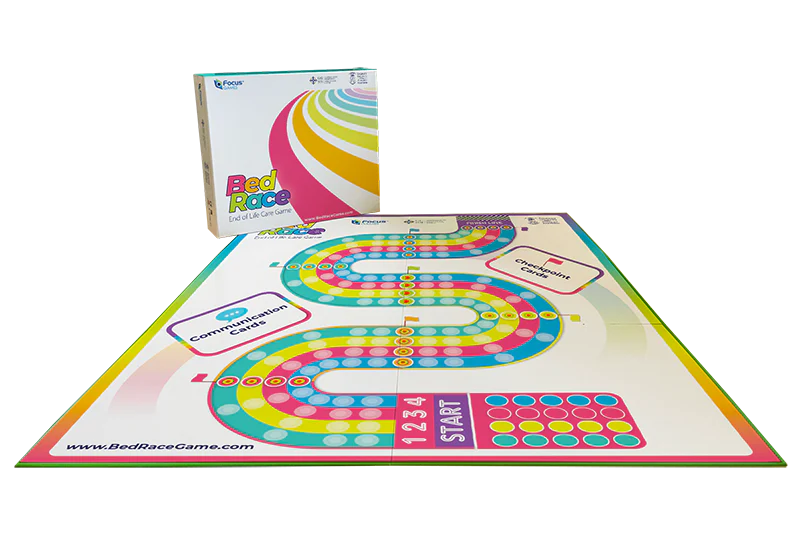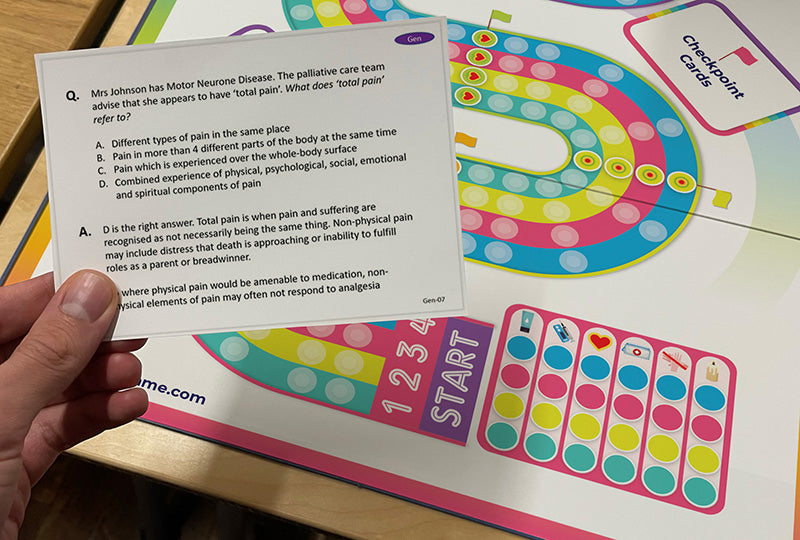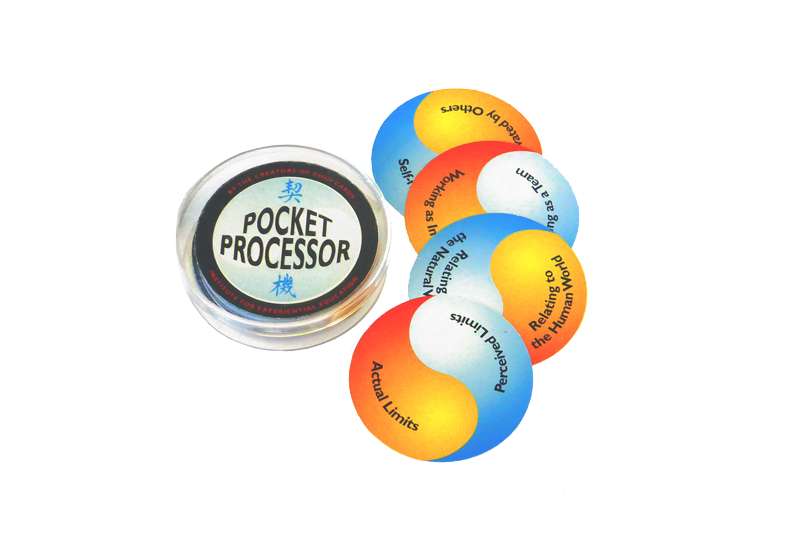
-
The Bedrace Game is an engaging way for medical students, junior doctors and all healthcare professionals to learn important concepts about palliative care.
Palliative care education is important because many staff will care for dying patients. Teaching key knowledge and skills can improve their ability and confidence when providing end of life care.
How does Bedrace work?
BedRace is a flexible training tool for all multiprofessional staff and students. Any senior member of staff can facilitate without external support. Training can happen in the workplace with minimal preparation.
‘Encourages peer learning and teamwork’
It is a competitive game for between 2-4 individuals or teams. Participants compete to move along a pathway depicting the end-of-life patient journey. Teams move forward by correctly answering and discussing questions about palliative and end of life care.
Bedrace can be used as part of formal education or as an informal workplace activity. An average game takes 45 minutes.
The game contains 65 ‘Checkpoint’ question cards and 10 ‘Communication’ cards that teams take turns to answer. Correct answers are rewarded with tokens and the first team to collect all 6 tokens wins the game.
The ‘Checkpoint’ cards are divided into 7 categories:
- General
- Clinical
- Physiotherapy
- Diet
- Occupational Therapy
- Psychological
- Spiritual
The facilitator can preselect cards that will meet each group’s educational needs. This allows great flexibility when teaching or training multiprofessional groups.
Audience
Suitable for all healthcare professionals and students.
-
Game details
Players
2 - 16
Duration
45 - 60 minutes
Contents
Board
1
Instructions
1
Checkpoint cards
65
Communication cards
10
- Choosing a selection results in a full page refresh.






